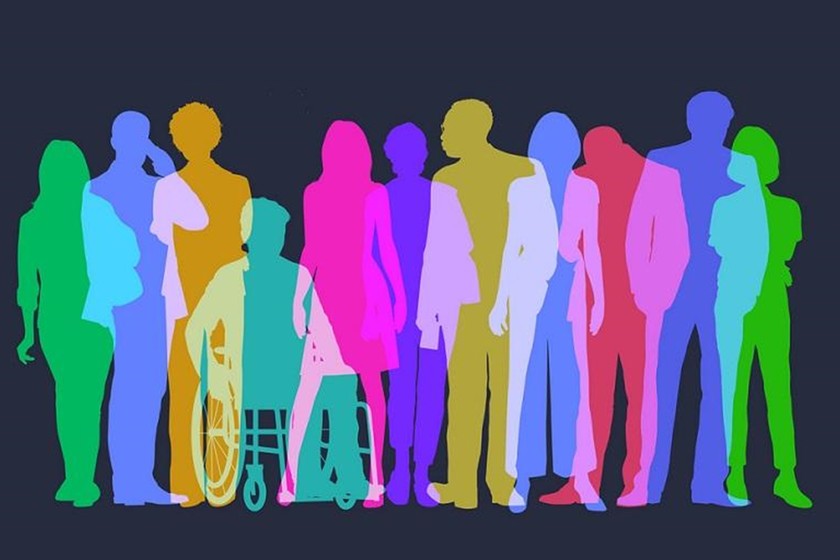
Considering career(s) can be daunting; add in having an invisible disability, and the process may at times seem insurmountable. There are extra factors to consider and decisions to be made regarding disclosure and accommodation. Fortunately, resources and programs are in place to help students navigate the necessary steps and make them more manageable.
General Knowledge
When thinking about career options, it is a good idea to first assess your strengths, talents, skills, interests, values, and personality. It is important to be true to oneself while considering different occupations and industries.
- Talk to people in a support network for advice (advisors, Career Center staff, faculty, friends, family, supervisors)
- Pick classes that are of interest and that you believe you do well in
- Complete an online assessment (Focus2) for additional insight
- Consider volunteering to gauge your fit with the career field
Once you have a general idea of your preferences, ask yourself some key questions: Is the work fulfilling? Can you do what is being asked of you? Can you work in person or do you need to work remotely? Are you able to commit to a set schedule? What are you able to produce or demonstrate? Along the way, there may be some trial and error, but ideally, you will find yourself on a path that leads to career satisfaction.
Research & Legal
Once the individual has a true and honest sense of what they hope to accomplish based on their factors and criteria, it is time to consider career(s) that support the person’s aspirations and abilities. When thinking about your abilities and how they factor into your career choice, consider how your circumstances could be an asset or beneficial to a job or company; do your research on the organization’s culture and accessibility.
You will also want to be aware of legal ramifications and resources as you pursue your occupations. Some people choose to share their disability as early as the application while others wait to see if it is best to discuss in the interview or after the offer. Whatever you decide, there are people and resources ready to help and support you.
To get started, consider some options:
- How to find a job that’s a good fit when you have a hidden disability
- Individuals with Disabilities: Career Ideas Based on Your Abilities
- How a Disability Can Be A Career Defining Advantage
- Jobs and Education for People with Disabilities
- Should You Disclose Your Disability During a Job Search?
Next Steps
Once you’ve established your areas of interest for a job or career, be sure to articulate your value in your applications and interviews. One example could be a stronger sense of empathy because of living with a chronic condition. You can share an experience when you demonstrated that skillset without disclosing the condition, unless you wanted to. Links below provide additional support through official government sites as well as anecdotal and peer advice.
- Access to Employment Support Services for Social Security Disability Beneficiaries Who Want to Work
- Job Seekers with Disabilities
- Career Guide for People with Disabilities
- The Mighty
- UConn Center for Students with Disabilities
Photo Credit: https://blog.shrm.org/sites/default/files/styles/body_image_max_width/public/images/PL1.jpg?itok=603CqBIF
